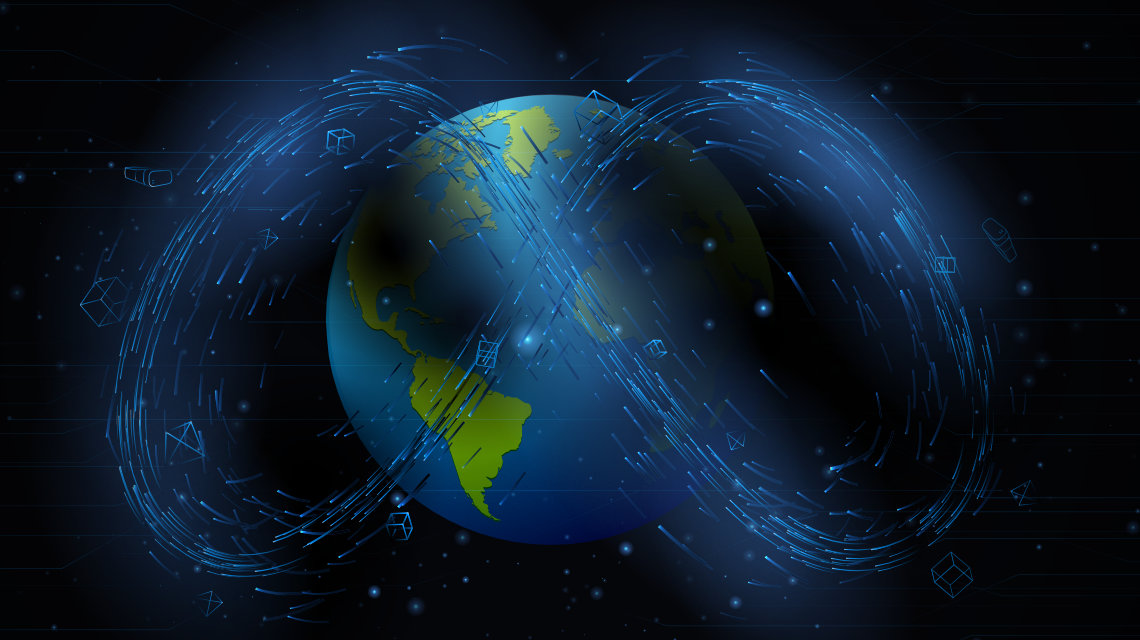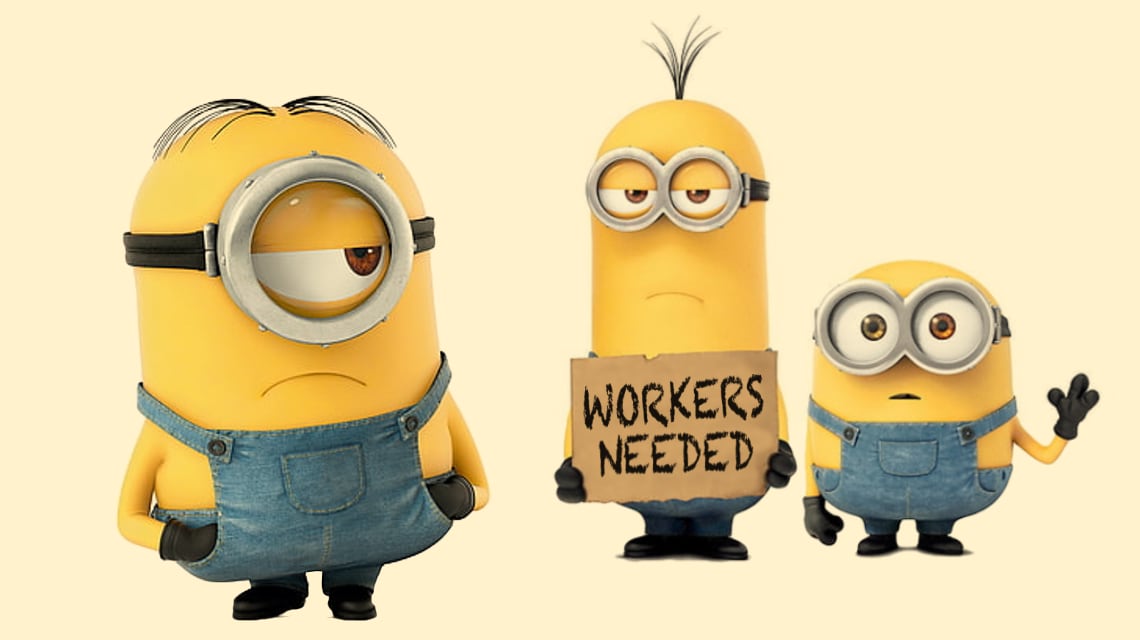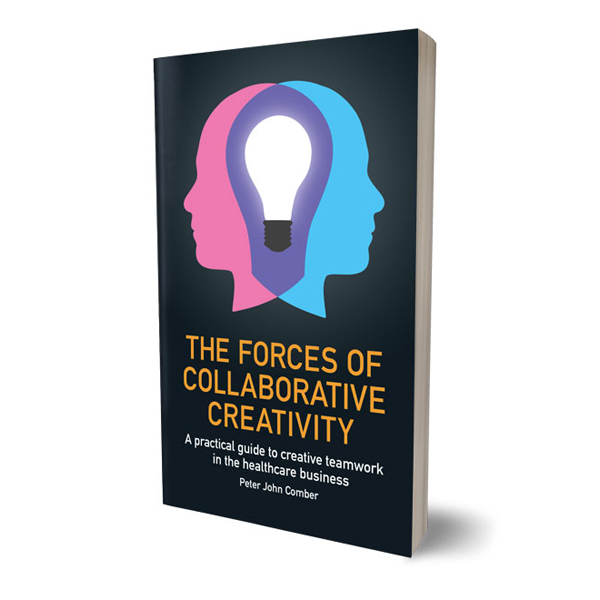Brave New Avatar.
If the metaverse means sustainable consumption and wealth redistribution, I look forward to it.
The vast majority of the money made on the internet relies on the real-world economy: Amazon sells and delivers physical goods, Meta and Google sell ad space promoting, predominantly, real-world goods and services.
This means that:
• online, the primary business incentive is to attract and manipulate eyeballs-attached-to-wallets for as long as possible to elicit monetisable actions (views, clicks, likes, downloads, payments);
• the internet economy is coupled and therefore restricted by many of the constraints of the real-world;
• much of the internet economy competes with the real-world economy (a shoe sold online isn’t sold in a store)
To continue to grow the internet economy needs to decouple from the real world. It needs an autonomous economy and here it comes…
Facebook press release • October 28, 2021
“Today at Connect 2021, CEO Mark Zuckerberg introduced Meta, which brings together our apps and technologies under one new company brand. Meta’s focus will be to bring the metaverse to life and help people connect, find communities and grow businesses.
The metaverse will feel like a hybrid of today’s online social experiences, sometimes expanded into three dimensions or projected into the physical world. It will let you share immersive experiences with other people even when you can’t be together — and do things together you couldn’t do in the physical world. It’s the next evolution in a long line of social technologies, and it’s ushering in a new chapter for our company. Mark shared more about this vision in a founder’s letter.”
Set aside the obvious, contingent, reasons for the Facebook corporation rebrand. The key passage in the above is, “It will let you share immersive experiences with other people even when you can’t be together — and do things together you couldn’t do in the physical world.”
This is the idea of decoupling and it is happening now because of the rise of the NFT (Non-fungible Token).
The digital world has always had a scarcity issue - a digital file can be reproduced and redistributed immediately, infinitely, uncontrollably and with negligible cost by anyone who has access to it.
The digital world has always had an originality problem - a digital copy is identical to the original, there is no loss of quality and in most situations, there is no way to distinguish the original and the copy. Because everything can be copied and massively distributed, nothing is unique and original, so the idea of ownership is redundant.
Blockchain (the technology powering NFTs) establishes originality and the digital superpower of exclusive ownership. It opens the door to creating digital scarcity and exclusivity. Virtual objects and experiences can be exclusive, desirable and therefore valuable.
This is the metaverse, a digital universe where billions of people will groom and style their avatars (plural, why have only one identity?) with NFTs — spending to acquire social status.
This is happening now, a company called RTFKT sells NFTs of virtual sneakers. They trade on marketplaces like OpenSea for about 10 Ethereum (at the time of writing approximately $40,000). Today this is a small niche market for early adopter collectors, as we move along the bell curve the average prices will be lower with huge volume. Nike seems to think so, yesterday they bought RTFKT to ‘“extend Nike’s digital footprint and capabilities” and “create one of a kind virtual products and experiences”.
Technology that lets you own a piece of the metaverse allows someone to sell you a piece of the metaverse. In my next Pica, I will explore what people might buy and why. Here I want to look at how decoupling the economy of the metaverse and the real world might be desirable and lead to a period of sustainable growth.
The real world is close to bankruptcy. Every year, humanity consumes more physical resources than the planet earth can produce — we are deeply in debt with nature and its ecosystems. Most nations are massively in economic debt. Meanwhile, global GDP has taken a hit from the pandemic. To pay off debt (without severe austerity) GDP must constantly rise. Unfortunately to halt the destruction of our planet consumption of resources needs to decline. The virtualisation of a portion of global consumption could satisfy both a reduction in the consumption of resources and an increase in GDP. Imagine a global economy where 20% of GDP is NFTs in the metaverse and that this corresponds to a 10% reduction in consumption of physical resources. An increase in global commerce and contemporarily a reduction in pollution and resource depletion is highly desirable. It could be a viable opportunity to avoid environmental-economic-social collapse.
This opportunity must not be wasted, we must learn from the last twenty years. The creation of massive internet corporations with supranational power was aided by the laissez-faire attitude of the world’s politicians and institutions. That mistake must not be repeated. For the metaverse to have a positive impact on the world many aspects must be regulated and planned for, the most vital are:
• Open. Blockchain is a decentralised and open model, likewise, the metaverse must be decentralised and open. Zuckerberg rebranded his corporation Meta but the metaverse cannot be a private realm - even Mark acknowledges this even if only because he aims to avoid interference from antitrust forces. A system, that is heavily influenced by network effects, where two corporations control 80% of the market is not open.
• Standards. To allow competition and a quality user experience the avatars (and their accessories) that roam the metaverse must be seamlessly able to pass from one property to another if they wish.
• Energy. The metaverse will consume huge amounts of electricity; blockchain servers are power-hungry. How that electricity is produced matters to the environment and to the financial cost of processing billions of transactions. Within the next ten years, the information and communications technology (ICT) ecosystem could end up using 25% of all electricity production, with data centres consuming a third of that amount.
• Avatar rights. Safety and privacy, the same issues the internet has handled badly will be multiplied in the metaverse. Some privacy regulation has been introduced, more/better is needed. Additionally, in the metaverse security will become even more important. Unless the target is a famous person, hacking a social media account is unlikely to be lucrative; a portfolio of NFTs in the metaverse promises to be far more tempting to cybercriminals. Imagine being unable to enter your house unless you pay ransomware; it could happen in the metaverse. Virtual possessions need protection or their value will be null.
• Influence and responsibility. Social media is very efficient at using your data to predict what may interest you and then serving up a stream of relevant content. Unfortunately, that means that a profile of a teenage girl, will be exposed to content about eating disorders, and if that content proves ‘sticky’ more and more will be served. Like a self-fulfilling prophecy, the person exposed to the content will be influenced by it and could develop an eating disorder they otherwise wouldn’t have. That which is predicted happens because it is provoked. Automated optimisation without checking what’s being optimised needs to be outlawed, great power must mean great responsibility.
• Taxation. Amazon had sales income of €44bn in Europe in 2020 but paid no corporation tax in the EU. Double Irish With a Dutch Sandwich is not two pints of Guinness and a baguette stuffed with Edam, it is one of many tax avoidance schemes. Duties and taxes have always been based on questions of geography. The virtual and hyper-distributed nature of the metaverse transcends physical locations. Modern global trade agreements and a fit-for-purpose framework of fiscal regulation are needed to avoid the liberal interpretation of archaic rules to the advantage of corporations and the disadvantage of communities.
• Rule of law. The metaverse will explode only if it is a business-friendly environment. If you are playing a game with grandma in the metaverse and you get zoombombed by pranksters it's upsetting. If you are conducting a corporate financial review and a competitor zoombombs the meeting it is a serious incident. Cybersecurity only works up to a point, when it fails effective justice is the last line of defence as a deterrent.
To sum up, the metaverse could change the way we live and the impact of our lives on the planet in positive ways or it could be the nightmare that precedes the end of civilisation. The outcome will be decided by our ability to plan and act fairly and wisely. We can’t ‘trust the market’ or ‘trust the machines’. There can be no individual (I’m looking at you Mark Z.) with excessive influence on the metaverse. One hundred years ago, Yevgeny Zamyatin wrote We, a dystopian novel that describes a world of harmony and conformity obtained by organising the masses with formulae and equations devised and applied by a united totalitarian state and its leader. The following is taken from that book.
“A true algebraic love of mankind will inevitably be inhuman, and the inevitable sign of the truth is its cruelty. Just as the inevitable sign of fire is that it burns.”
[Page 206, trans. Clarence Brown]





